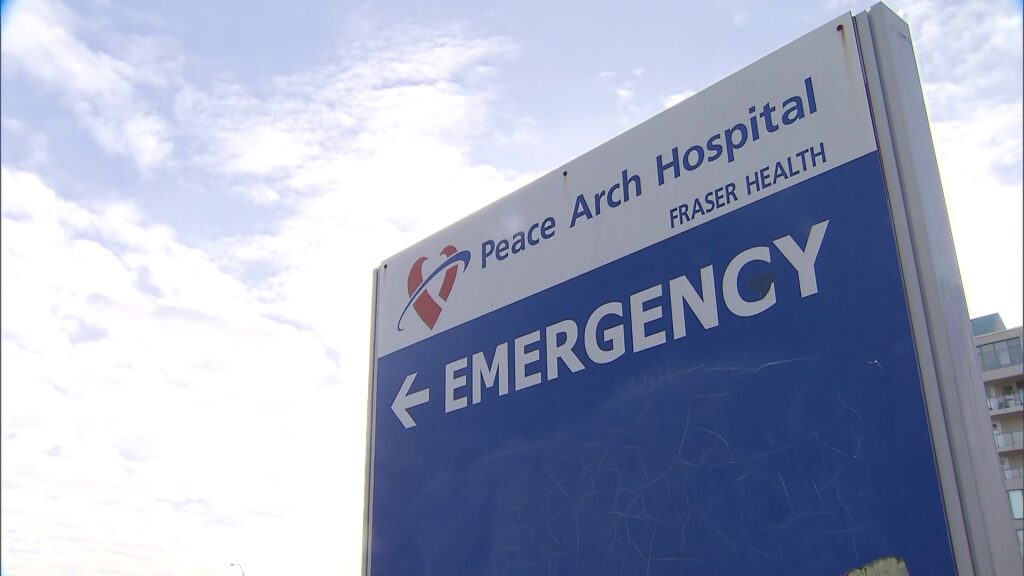Healthcare organizations are facing critical challenges that demand immediate attention. Staffing shortages, budget constraints, and the need for technological modernization are straining operations. Inadequate investment in network infrastructure can lead to severe repercussions, compromising both operational efficiency and patient care. As technology evolves, hospitals must prioritize modern network upgrades to remain competitive and ensure high-quality services.
The shift towards smart hospitals is gaining momentum. Investments in this sector are expected to rise from $57.53 billion in 2023 to $67.63 billion in 2024. With 70% of global health system leaders indicating that technology platforms for digital tools and services are a priority for their organizations by 2025, the urgency for digital transformation is clear. Smart hospitals integrate advanced technologies such as the Internet of Things (IoT), augmented reality (AR), virtual reality (VR), and artificial intelligence (AI) to streamline operations and enhance patient care.
Understanding the Risks of Outdated Networks
The backbone of smart hospitals is their network infrastructure, which serves as the central nervous system for all technological innovations. Without necessary upgrades, traditional Wi-Fi networks struggle to handle the vast amount of data generated by numerous connected devices. These outdated systems can create connectivity gaps, particularly in critical areas like operating rooms (ORs) and intensive care units (ICUs), where delays can directly impact patient outcomes.
A reliable network is essential for hospitals to operate effectively. Failure to keep infrastructure up to date poses risks such as increased vulnerability to cyberattacks, operational inefficiencies, and potential breaches of sensitive patient data. Upgrading network capabilities must be a top priority for healthcare organizations to mitigate these risks and enhance overall service delivery.
Modern Solutions for Enhanced Operations
To effectively manage the complexities of smart hospital environments, a resilient and secure network is indispensable. IT teams require tools to monitor outages, identify security threats, and resolve issues proactively. Adopting a platformization approach can streamline these processes. Unified platforms consolidate numerous point solutions, enabling IT staff to focus on innovation and optimization rather than getting bogged down in troubleshooting.
For instance, the West Suffolk NHS Foundation Trust, a district general hospital in Suffolk, England, recognized the limitations of a reactive IT strategy. With no visibility into its network operations across various buildings, the trust adopted an AI-driven platform to enhance its IT capabilities. As the head of digital services noted, this shift allowed the team to gain a comprehensive overview of network assets and alerts, enabling swift and effective action.
The transition to a platformization model not only simplifies IT management but also supports hospitals in achieving cost optimization and maintaining seamless operations. As staffing shortages and budget constraints continue to challenge healthcare institutions, investing in modern network infrastructure becomes crucial for their success.
In conclusion, upgrading network capabilities is no longer optional in the healthcare landscape; it is essential for safeguarding patient outcomes and ensuring operational efficiency. As healthcare continues to evolve towards smart hospitals, the underlying infrastructure must keep pace to avoid significant failures. By embracing modern networking solutions, healthcare organizations can lay the groundwork for a more secure and efficient future, ultimately benefiting patients and healthcare providers alike.
About Chuck Brooks: Chuck Brooks is the Director of Alliances and Ecosystems at Extreme Networks, a leader in AI-powered cloud networking, dedicated to providing secure solutions that connect devices, applications, and users.







